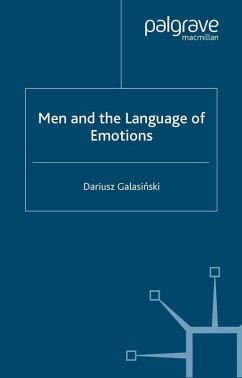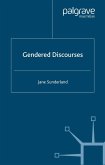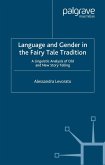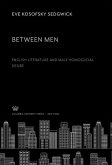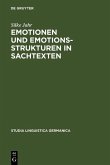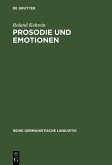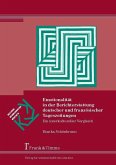Men and the Language of Emotions challenges the commonly held association of rationality with masculinity, involving distancing from the language of emotions. Drawing on a study of heterosexual men talking about their life and relationships, he demonstrates that men are capable of speaking of emotions, and in direct and uninhibited ways.
Dieser Download kann aus rechtlichen Gründen nur mit Rechnungsadresse in A, B, BG, CY, CZ, D, DK, EW, E, FIN, F, GR, HR, H, IRL, I, LT, L, LR, M, NL, PL, P, R, S, SLO, SK ausgeliefert werden.
'Letting us hear the voices of men who go about their lives worrying, loving, suffering, caring, fearing, and enjoying things, this book succeeds in replacing the tired stereotype of the 'strong silent man' with a sensitive and nuanced portrayal of complex, contradictory, and emotional real-life masculinities.' Aneta Pavlenko, Temple University

